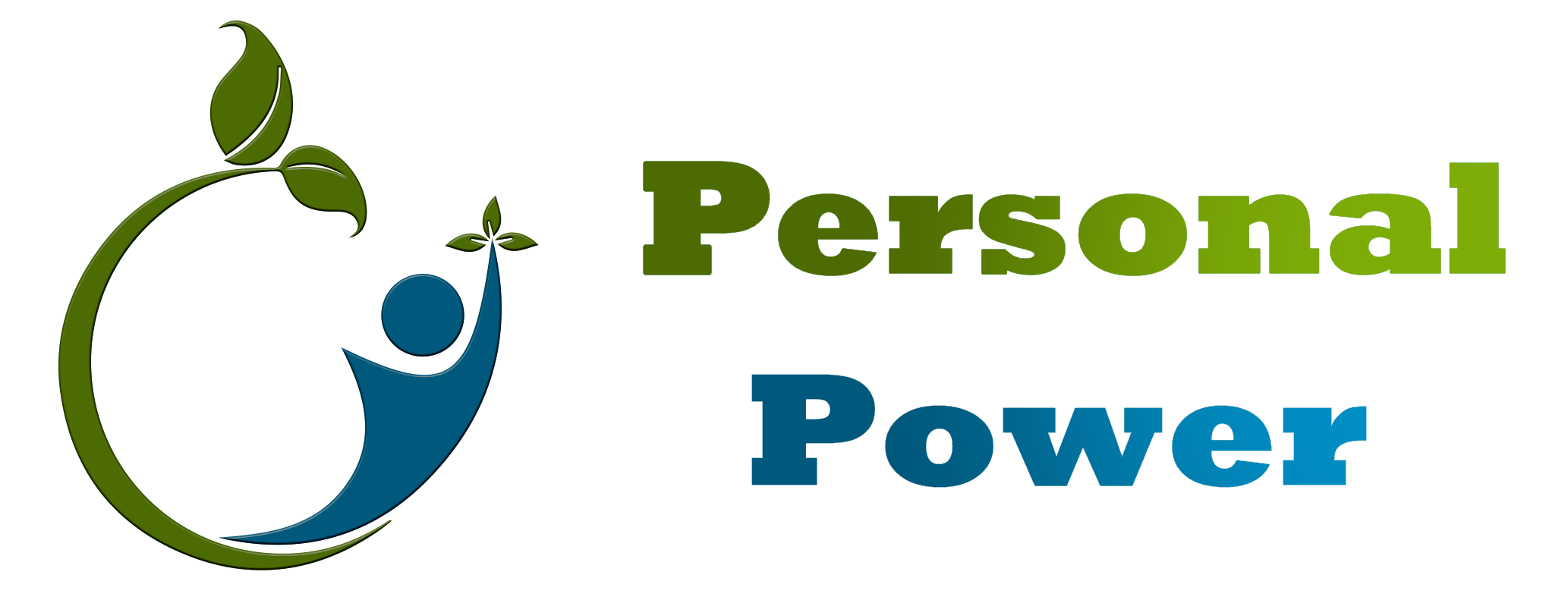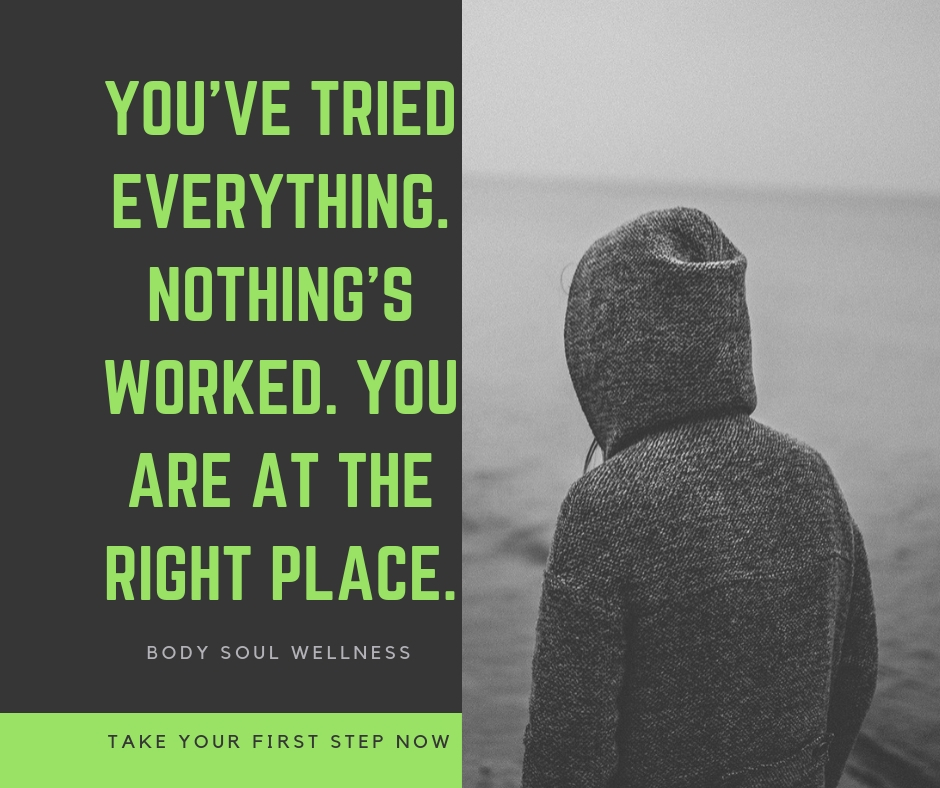Did you make a New Year’s Resolution to learn something new? Has it been a while since you’ve taken a class? Do you need to remember how to study? Here are a few tips to help you re-engage your “learning” muscles.
- Find a quiet spot where you will have few (or no) distractions.
Keep the television out of this space, if possible. Let your family know this is your area for studying and that they should only interrupt you if something is REALLY important. - Make sure you have adequate lighting.
The fastest way to get tired is to read while you are struggling to see. Why make studying harder than it has to be? Focus the lighting so your work area is bright, but the light doesn’t shine directly into your eyes. - Include some background music with no lyrics.
It’s better to listen to music that does not contain lyrics, because the words of the song can distract you from the words you’re trying to absorb. Classical music and jazz are good candidates as long as they don’t contain vocals and lyrics. - Find your best learning platform.
If your preference for learning is via visual stimulation, use videos and resources with pictures. If you learn best with audio, use books-on-tape, Audible, etc. Some people prefer books for their learning as they can control the medium and the pace. Experiment with the different formats and mix it up. - Take a break.
Some people try to cram a study session into several hours and wonder why they aren’t learning the material. Your mind needs to rest. In fact, you will digest the information much more easily when you step away from the material occasionally. - Sleep is a crucial aspect of studying.
Some students believe they can pull all-nighters before a test, but they generally don’t perform as well on tests as students who are well prepared ahead of time and come into the test well-rested. Don’t fall into the ‘I’ll cram for the test’ trap. - Map out what you are going to learn and use that as the basis for your study session.
Don’t try to learn everything there is to know about a subject in one session. Space out your sessions in such a way that you have time to explore and reinforce the information, and get it stored in long-term memory. - Study with a group of people.
Many colleges require their students to form study groups. The interaction provides instant feedback, and the support system is useful if there are things you don’t understand in the original presentation.
Look below for some action steps you can take today help you get back in the groove. If you have study blocks you just can’t break through, start releasing old trapped emotions that are standing in your way. You can do it!
TIP #1: Watch videos on the subject you are studying. Check out YouTube and websites such as Udemy.com or KhanAcademy.com. Utilize a free trial of Audible (Amazon). Check out the selection before signing up to see if they offer material suitable for your studies. The idea for both of these exercises is to find the medium you prefer for studying. If you are more of a book learner, Amazon has an Unlimited program that you could try.
TIP#2: Search forums to find people who are studying the same subject. Ask if there are people from these forums in your area, and offer to form a study group. An alternative is to search Meetup.com for a local group that’s already meeting in your area, or you could decide to start one of your own.
TIP#3: Find someone who already knows the subject. Model their success pattern. Ask them how they got their start and what techniques they use for studying and learning. Ask them if you can touch base with them from time to time. Set up sessions with a tutor, coach, or mentor.

